Professor of Electrical and Computer Engineering
SCDI 4025-O · ☎ (408) 554-2394 · azecevic@scu.edu
Professor of Electrical and Computer Engineering
SCDI 4025-O · ☎ (408) 554-2394 · azecevic@scu.edu
Dr. Aleksandar Zecevic is a Professor of Electrical and Computer Engineering at Santa Clara University. His technical research interests include the control of complex systems, graph theoretic decomposition algorithms, electric power systems and nonlinear dynamics. Some of his most important results in these fields are summarized in his 2010 book: Control of Complex Systems: Structural Constraints and Uncertainty. His book Quantum and Parallel Computing: A Tale of Two Paradigms (published in 2022) addresses a somewhat different set of questions, and deals with recent advances in high-performance scientific computing.
Over the past 20 years, Dr. Zecevic has also done a considerable amount of work in the area of science and religion. His two books: Truth, Beauty and the Limits of Knowledge: A Path from Science to Religion and The Unknowable and the Counterintuitive: The Surprising Insights of Modern Science, are devoted to this subject. His latest book Reflections of an Infinite Beauty: Scientific and Theological Perspectives on the Ecological Crisis has a similar focus, and examines how different religious traditions view our responsibility toward nature. It considers whether their claims are mutually compatible, and whether they are consistent with current scientific thinking about environmental issues.
In addition to the topics mentioned above, Dr. Zecevic has written extensively on the origins and importance of the human “aesthetic drive”. His recent trilogy: The Beauty of Nature and the Nature of Beauty, Ten Dialogues about Art and Beauty and The Many Faces of Complexity approaches this subject from an interdisciplinary perspective, and explores the role that beauty plays in the sciences, the humanities and the arts.
Dr. Zecevic’s scholarly work has led to the development of two unique courses, entitled Chaos Theory, Metamathematics and the Limits of Knowledge, and Information, Quantum Computing and Complexity. In their different ways, both courses examine the nature of reality (and our place in it) by combining advanced mathematical concepts with insights from theology, philosophy and psychology. Such an approach encourages students to broaden their interests, and appreciate the remarkable complexity of the world we live in.
 Reflections of an Infinite Beauty:
Scientific and Theological Perspectives on the Ecological Crisis
Reflections of an Infinite Beauty:
Scientific and Theological Perspectives on the Ecological Crisis
(2025)
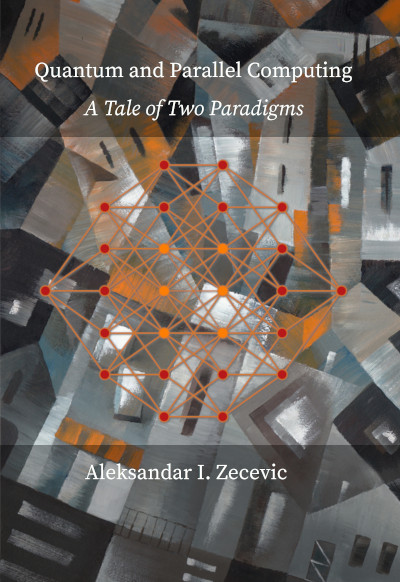 Quantum and Parallel Computing: A Tale of Two Paradigms
Quantum and Parallel Computing: A Tale of Two Paradigms
(2022)
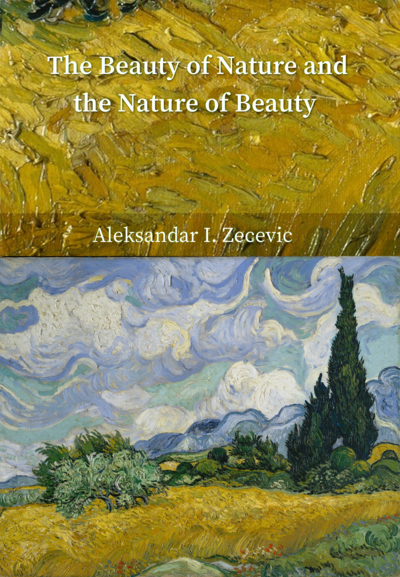 The Beauty of Nature and the Nature of Beauty
The Beauty of Nature and the Nature of Beauty
(2018)
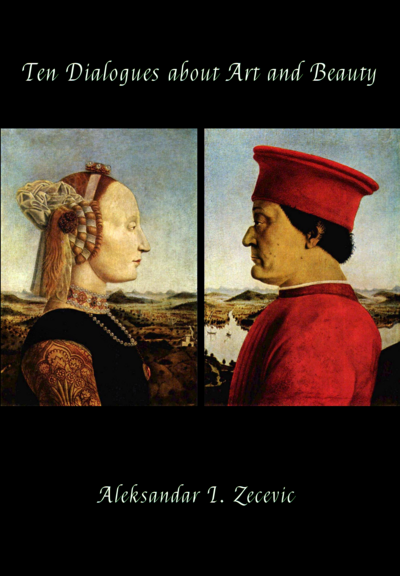 Ten Dialogues about Art and Beauty
Ten Dialogues about Art and Beauty
(2018)
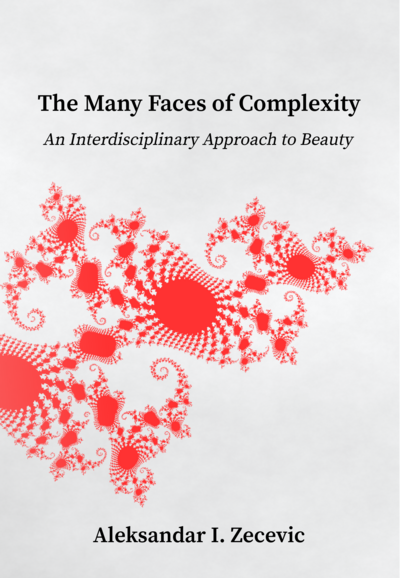 The Many Faces of Complexity: An Interdisciplinary Approach to Beauty
The Many Faces of Complexity: An Interdisciplinary Approach to Beauty
(2018)
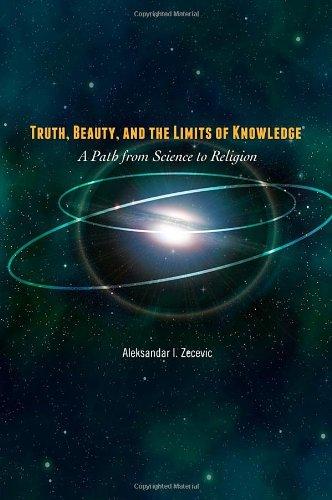 Truth, Beauty, and the Limits of Knowledge: A Path from Science to Religion
Truth, Beauty, and the Limits of Knowledge: A Path from Science to Religion
(2012)
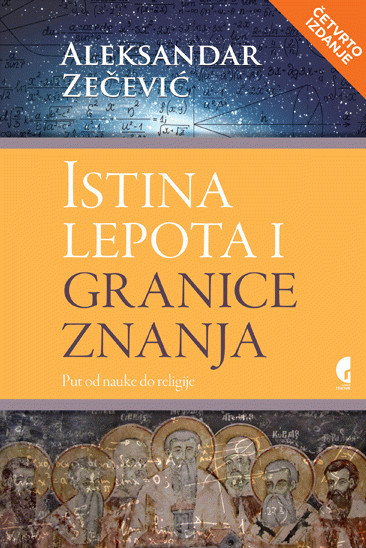 Truth, Beauty, and the Limits of Knowledge: A Path from Science to Religion
Truth, Beauty, and the Limits of Knowledge: A Path from Science to Religion
(Serbian Version, 2015)
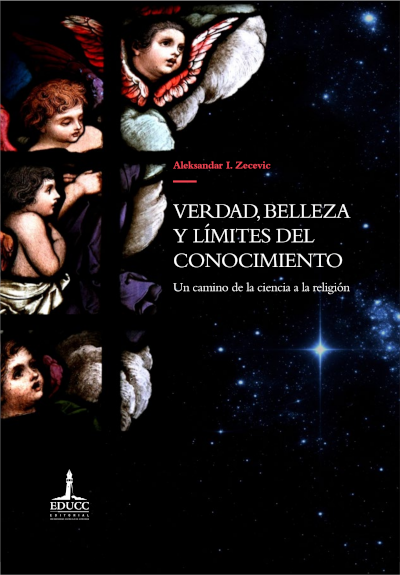 Truth, Beauty, and the Limits of Knowledge: A Path from Science to Religion
Truth, Beauty, and the Limits of Knowledge: A Path from Science to Religion
(Spanish Version, 2018)
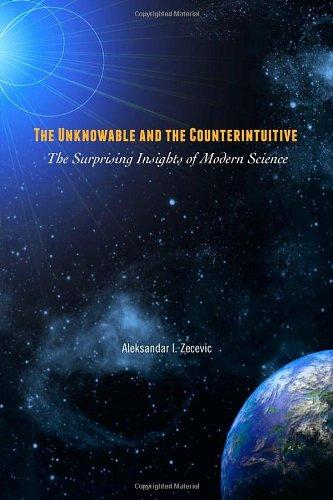 The Unknowable and the Counterintuitive: The Surprising Insights of Modern Science
The Unknowable and the Counterintuitive: The Surprising Insights of Modern Science
(2012)
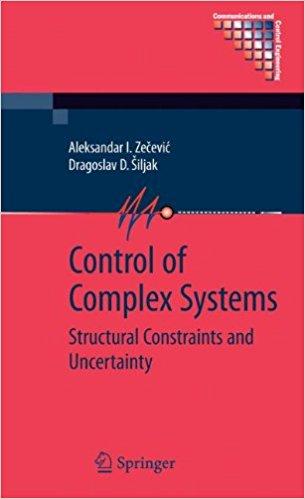 Control of Complex Systems: Structural Constraints and Uncertainty
Control of Complex Systems: Structural Constraints and Uncertainty
(2010)